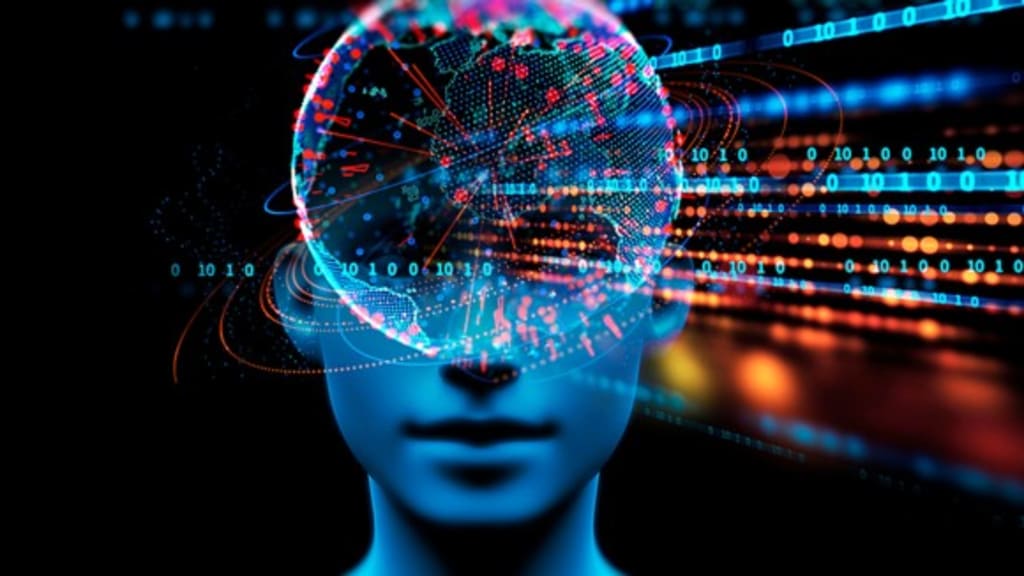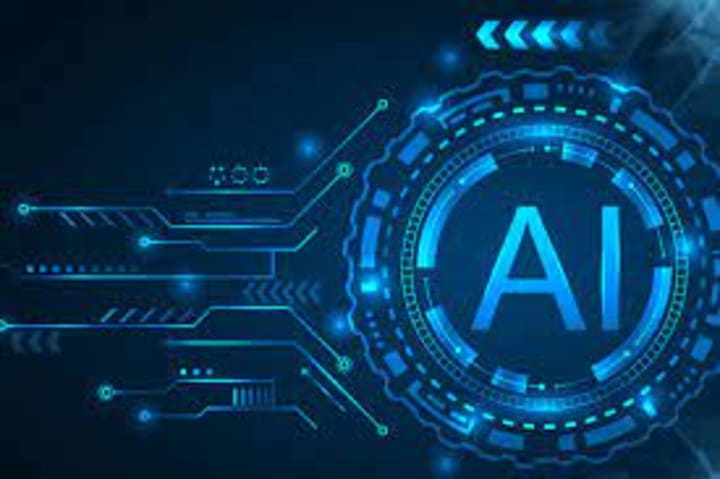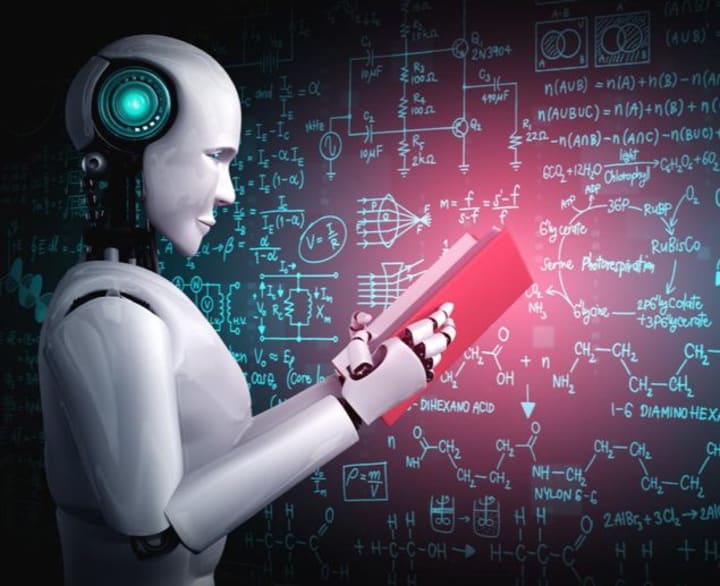The Dangers of Artificial Intelligence: Unveiling the Risks and Ethical Concerns
One of the primary concerns about AI is its potential to be biased and discriminatory

Artificial Intelligence (AI) has rapidly advanced in recent years, transforming various industries and aspects of our daily lives. From self-driving cars to virtual personal assistants, AI has the potential to revolutionize the way we live and work. However, along with its promises, AI also presents significant dangers and ethical concerns that need to be carefully addressed.

One of the primary concerns about AI is its potential to be biased and discriminatory. AI algorithms are trained on data, and if the data used to train them is biased, the resulting AI systems can also perpetuate and amplify those biases. For example, facial recognition technology has been shown to have higher error rates for people of color, leading to discriminatory outcomes in areas such as law enforcement, hiring, and access to services. Bias in AI systems can result in unfair treatment, perpetuation of societal inequalities, and violations of human rights.

Another concern is the potential for AI to automate jobs and lead to mass unemployment. As AI systems become more capable of performing tasks that currently require human intelligence, there is a risk of widespread job displacement. Industries such as manufacturing, transportation, and customer service could see significant disruptions, resulting in economic and social challenges. The impact of AI on the job market requires careful planning and preparation to mitigate potential negative consequences.
Privacy and security are also major concerns with AI. As AI systems collect and process vast amounts of data, there is a risk of misuse and abuse of that data. Unauthorized access to AI systems or the data they use can result in privacy breaches, identity theft, and other cybercrimes. Additionally, AI systems can be vulnerable to malicious attacks, leading to the spread of misinformation, manipulation of decision-making processes, and other harmful consequences.

Ethical concerns surrounding AI are also paramount. For instance, the development of autonomous weapons, also known as killer robots, raises moral questions about the use of AI in warfare. The ability of AI systems to make life-and-death decisions without human intervention poses serious ethical dilemmas and risks undermining human values such as compassion, empathy, and accountability.
Lack of transparency and explainability in AI systems is another pressing issue. Many AI algorithms are complex and operate as "black boxes," making it difficult to understand how they arrive at their decisions. This lack of transparency can result in biased, discriminatory, or unethical outcomes, and make it challenging to hold AI systems and their developers accountable for their actions.
Furthermore, the concentration of power in the hands of a few organizations or individuals who develop and control AI technologies is a significant concern. The potential for AI to exacerbate existing power imbalances and inequalities in society can have far-reaching consequences. It is crucial to ensure that access to and benefits from AI are distributed equitably to avoid creating further disparities.
To address the dangers of AI, there is a need for robust regulation, ethical guidelines, and responsible development practices. Developers and practitioners of AI must prioritize fairness, transparency, and accountability in the design, deployment, and use of AI systems. Ethical considerations should be integrated into the entire AI development life cycle, from data collection and model training to deployment and monitoring. Additionally, diverse and inclusive teams should be involved in the development of AI systems to ensure a wide range of perspectives and minimize biases.

Education and awareness about the risks and ethical concerns of AI are also essential for policymakers, businesses, and the general public. It is crucial to foster a societal dialogue about the ethical implications of AI, and ensure that decisions about AI technologies are made collectively, taking into account the interests and values of all stakeholders.
In conclusion, while AI has the potential to bring numerous benefits to society, it also presents significant dangers and ethical concerns that need to be addressed. Bias, job displacement, privacy breaches,





Comments
There are no comments for this story
Be the first to respond and start the conversation.